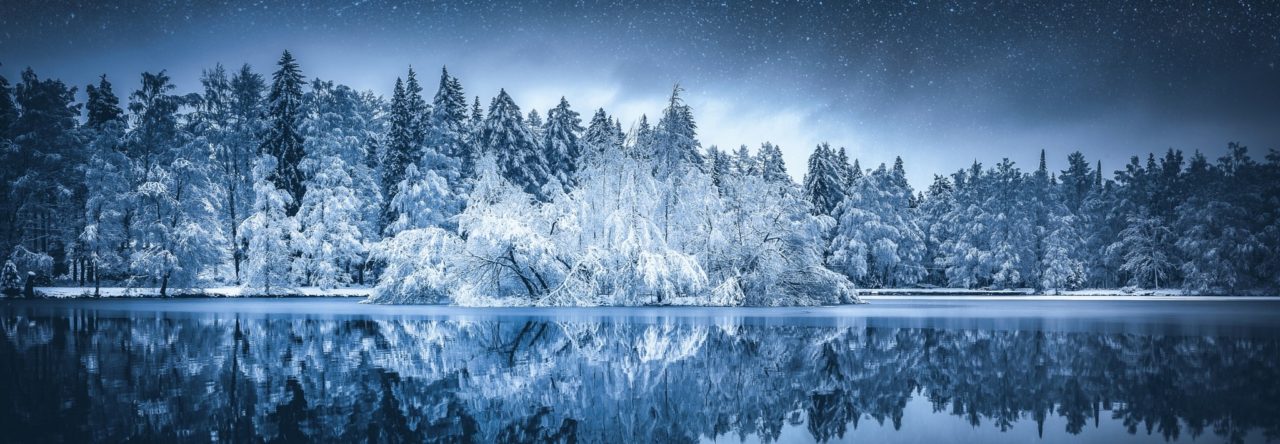Why do Millennials like Harry Potter? Maybe because if you give J.K. Rowling the boy, she will give you the man. Whatever the higher merits of the books, they initially got popular because middle-schoolers liked The Sorcerer’s Stone. In what any fantasy aficionado recognizes as a considerable feat, Rowling then managed to maintain a steady, coherent output throughout our formative years. And then the movies. If the well has gone a bit dry since The Deathly Hallows Part II — things could be a lot worse.
This line of thought has some allure, and no small amount of explanatory power. But it’s also survivorship bias. Why not The Edge Chronicles, or His Dark Materials?
Because Harry Potter has Relevance — it reflects the actual world seen in a way that other fantasy works did not. Specifically, Harry Potter presents an idealization of an inward-looking, academically-focused technocratic bureaucracy. This reflected the world of middle-class Millennial children, and continues to describe the ideal world of older fans.
Read More


